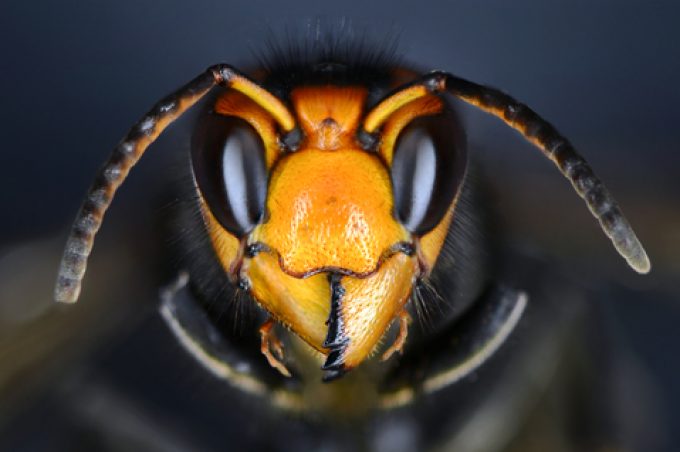Smart containers are the key to a more-visible supply chain
Current pressures on the international supply chain, and the increased volatility expected in the future, ...

Grain Producers Australia (GPA) is calling for a container levy to cover the cost of cleaning and fumigating containers as the need to control the spread of invasive species on boxes is brought into sharp focus.
It is GPA’s second attempt to introduce such a levy ...


Comment on this article